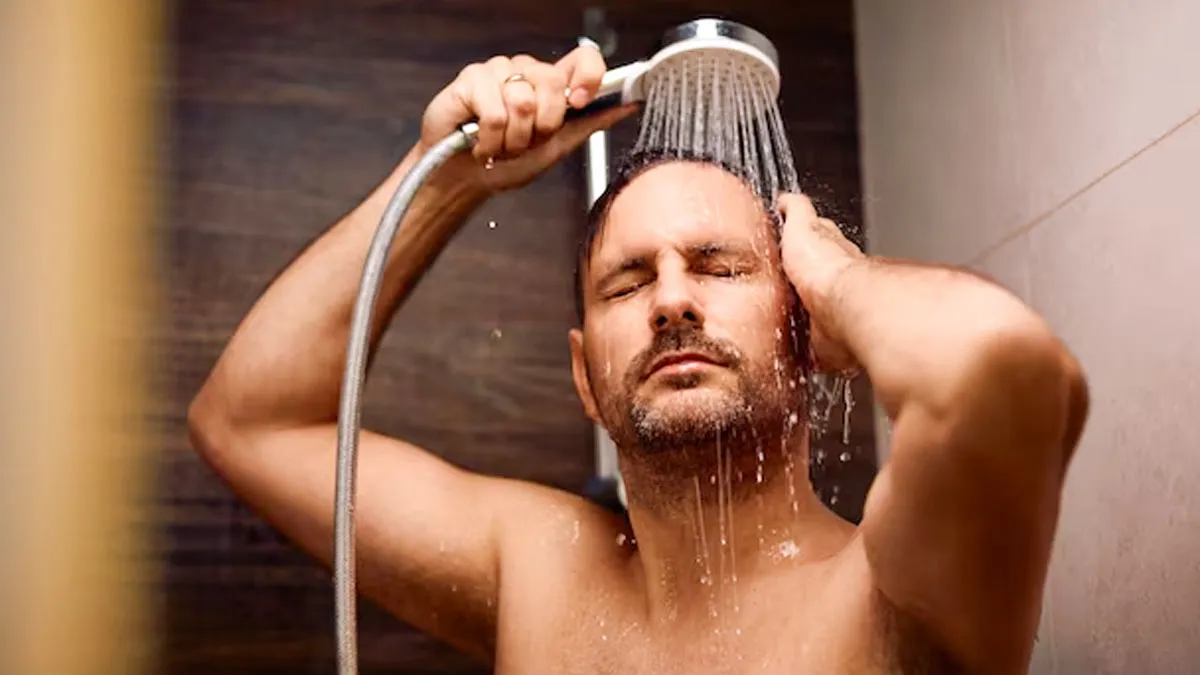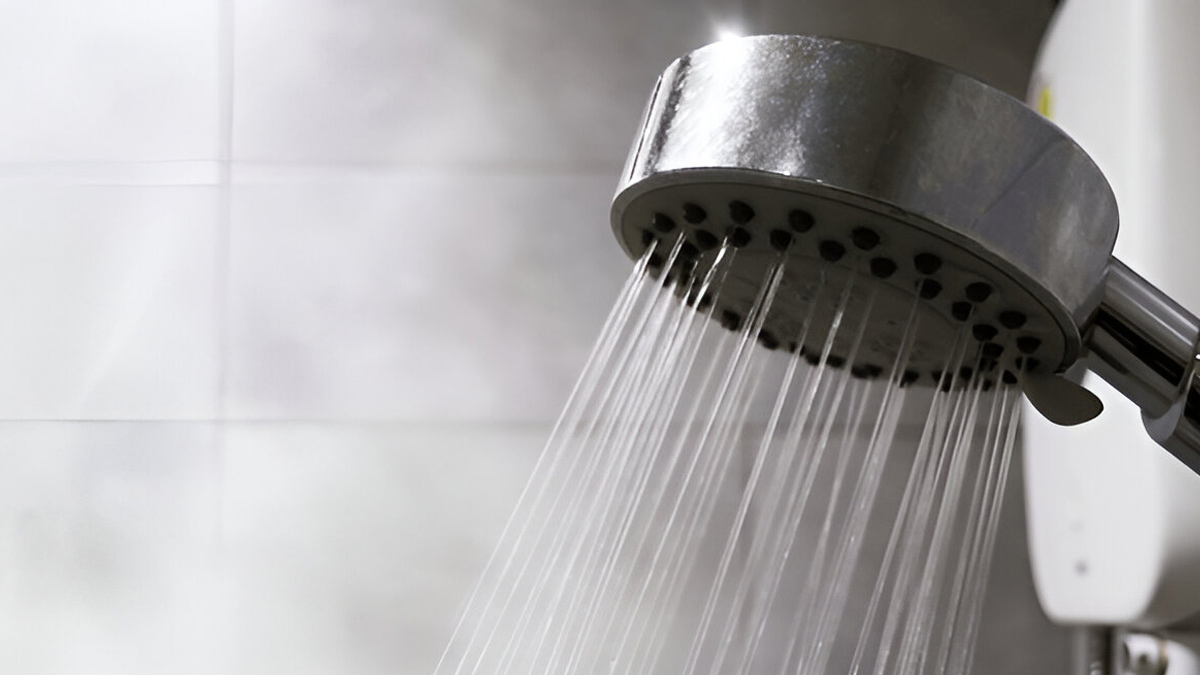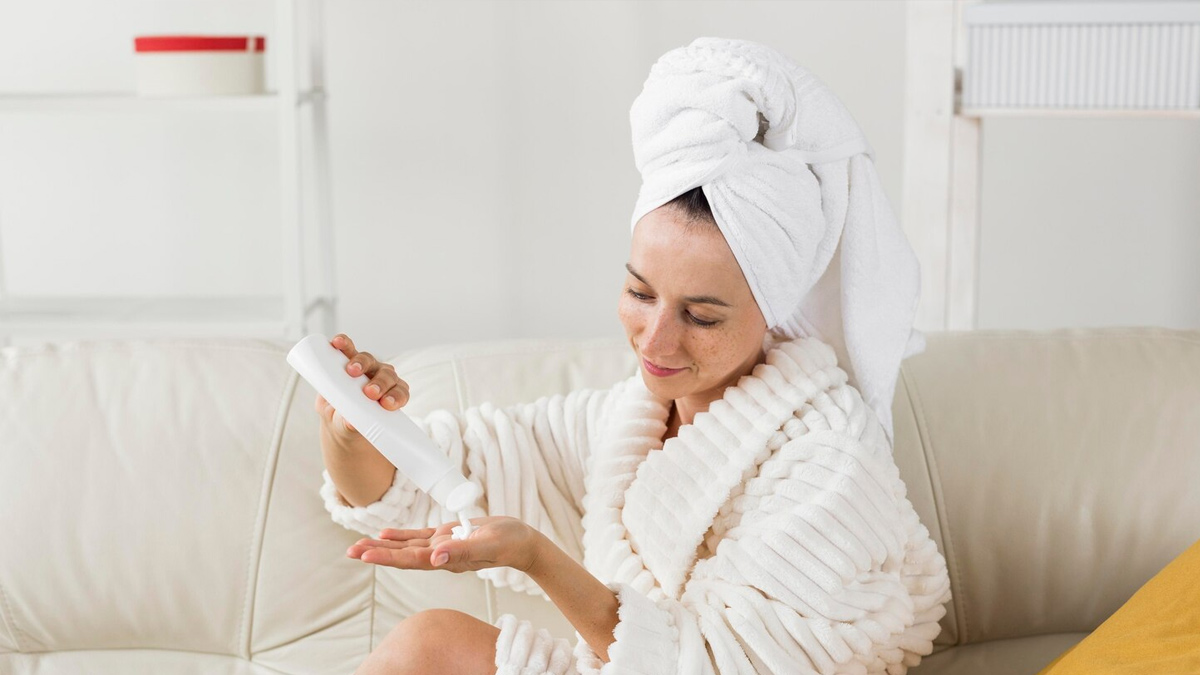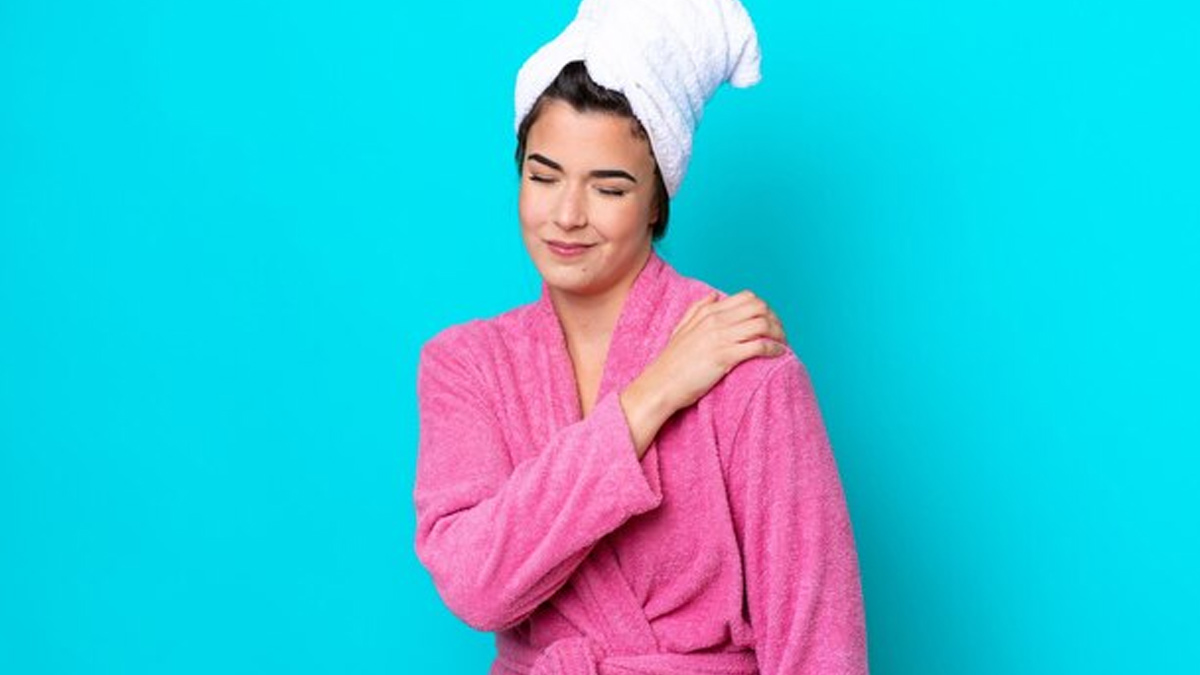
Dry, flaky skin after showering can be annoying, particularly when you expect your shower making you feel hydrated and fresh. Surprisingly, your shower routine may be to blame, rather than your moisturiser. From the temperature of the water to products used, small mistakes can strip your skin of its natural oils, leaving it parched and irritated. Here are seven everyday shower mistakes that might be drying out your skin, and how to fix them.
Table of Content:-
Everyday Shower Mistakes That Might Be Making Your Skin Dry
1. Taking Long, Hot Showers

Nothing beats the comfort of a long, hot shower after a tiring day, but your skin doesn’t feel the same way. Hot water strips away the natural oils (sebum) that keep your skin soft and protected. When the protective barrier weakens, moisture escapes, leading to dryness. Dermatologists recommend sticking to lukewarm water and limiting showers to 8–10 minutes to avoid unnecessary dehydration.
2. Using Harsh, Foamy Soaps
Squeaky clean skin from the use of a harsh soap is indeed a warning sign. Tough cleansers filled with sulphates and alcohols have the potential to disrupt the pH level of your skin and strip it of its natural barrier. Instead, use mild, pH-balanced cleansers or moisturising shower gels containing glycerin, shea butter, or ceramides. Not only do they clean, but they also trap moisture.
Also Read: Do You Feel Itchy After A Bath? Here's What Might Be The Reason
3. Skipping Moisturiser After Shower

Your post-shower routine is just as crucial as the shower process itself. Most individuals take too long before applying moisturiser or just do not apply it at all. The optimal moment to moisturise is within two to three minutes of exiting the shower when your skin remains humid. This seals in the water that your skin picked up while under the shower, so it does not evaporate. A 60-person crossover trial in healthy individuals concluded that lotion enhances skin moisture and limits water loss, applied either immediately or 30 minutes after cleansing, although moisturised skin was always superior to non-moisturised.
4. Over-Exfoliating Your Skin
Exfoliation removes dead skin cells, but overdoing it can backfire. Scrubbing your skin with rough loofahs or exfoliating too often can strip away essential oils, leaving the skin dry and sensitive. It is recommended to exfoliate no more than once or twice a week and use mild exfoliants instead of harsh scrubs.
5. Using Extremely Hard Water
If your water supply is rich in minerals like calcium and magnesium, it’s called hard water, and it could dry out your skin. These minerals form a residue that clogs pores and causes tight, itchy skin. Although you can't always modify your water supply, a water softener or a mild cleansing oil can help counteract the effects.
Also Read: Why Some People Continue To Smell Bad Even After Regular Showers: Doctor Explains
6. Staying in Wet Clothes for Too Long

After a shower, lounging in a damp towel or wet clothes feels harmless, but it can make your skin lose moisture and become irritated. Always dry your skin carefully by patting (not rubbing) with a gentle towel and put on dry, breathable clothing soon after.
7. Ignoring Your Shower Products
The shampoo and conditioner that you apply can also contribute to drying your skin. Harsh surfactants in shampoos can flow down your body when rinsing and cause irritation to sensitive areas, particularly if you have eczema or dry skin areas. Try to switch to sulphate-free haircare products and rinse thoroughly to reduce residue.
Bottomline
Dry skin after showering isn't always the result of a serious issue, it's usually a matter of your routine. Simple adjustments, such as reducing the water temperature, using gentle cleansers, and applying moisturiser right away, can make a big impact. If dryness continues to be an issue, see a dermatologist to eliminate conditions like eczema or psoriasis.
Also watch this video
How we keep this article up to date:
We work with experts and keep a close eye on the latest in health and wellness. Whenever there is a new research or helpful information, we update our articles with accurate and useful advice.
Current Version